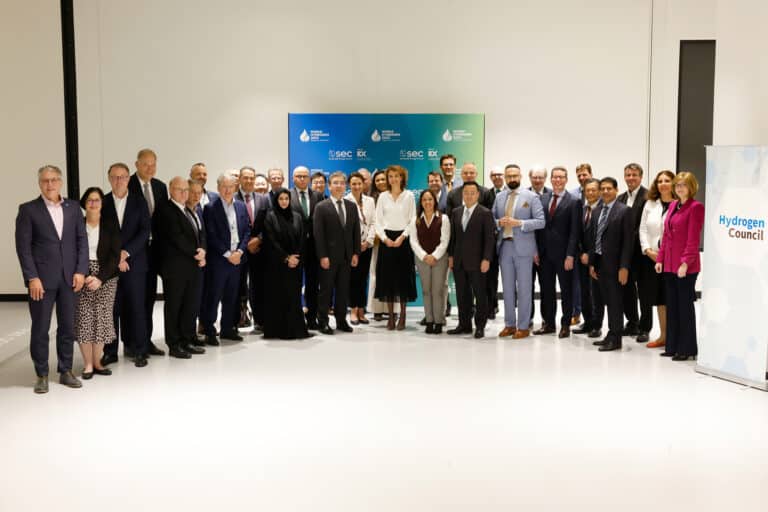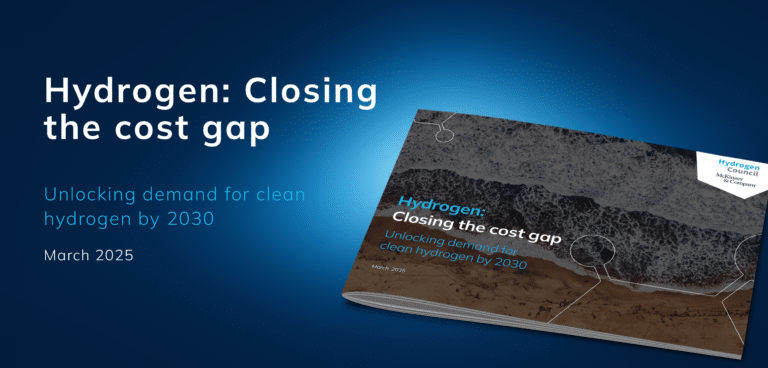The latest report released by the UN Intergovernmental Panel on Climate Change from March 2023 is “a clarion call to massively fast-track climate efforts by every country and every sector and on every timeframe”, as stated by UN Secretary General Antonio Guterres. Creating enabling frameworks to support investments in clean energy technologies today is critical to advance climate change mitigation – we cannot afford any delays.
Both the EU and the US have put in place ambitious climate and energy goals to advance the adoption and integration of renewable energy sources with battery and hydrogen solutions in particular. However, these goals are at risk of being jeopardized if the regulation of critical chemicals needed to manufacture these clean solutions, such as per-and polyfluoroalkyl substances (PFAS), is not well-targeted.
The Hydrogen Council supports science-based evaluation of real environmental concerns and a thoughtful approach to risk mitigation and management. Our latest white paper sheds light on this critical topic pointing to ample evidence why simplistic bans of all subclasses of PFAS is not warranted in this case. Blanket bans on all subclasses of PFAS will not be adequate to achieve desired reduction in human or environmental harm but will effectively negate the environmental benefits of both battery and hydrogen technologies.
In order to keep our net zero targets within reach and accelerate deployment of battery, hydrogen and fuel cell solutions, and other clean energy technologies, it will be critical that regulators (i) recognize that fluoropolymers and perfluoropolyethers satisfy the OECD criteria to be considered ‘polymers of low concern’ and are inherently different from legacy PFAS such as PFOA and PFOS, (ii) provide a stable and clear regulatory framework allowing the use of fluoropolymers and perfluoropolyethers in hydrogen and fuel cells industry, and (iii) advance efforts to incentivize robust recycling infrastructure.



